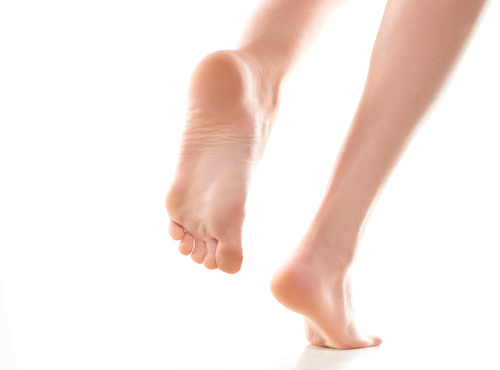DIAGNOSIS
Warts are usually diagnosed based only on their appearance.
In most cases, your doctor can diagnose a plantar wart with one or more of these techniques:
- Paring the lesion with a scalpel and checking for signs of dark, pinpoint dots — tiny clotted blood vessels
- Removing a small section of the lesion (shave biopsy) and sending it to a laboratory for analysis
RECOMMENDED MEDICATIONS
If you decide to treat your warts, both nonprescription and prescription medicines are available.
Nonprescription medicines
Nonprescription medicines include:
- Salicylic acid, prescription-strength wart medications with salicylic acid work by removing layers of a wart a little bit at a time. They may also stimulate your immune system’s ability to fight the wart. Salicylic acid formulas include Compound W and Occlusal.
Prescription medicines
Medicines that your doctor may use or prescribe for you include:
- Retinoid cream (Avita, Retin-A). It disrupts the wart’s skin cell growth.
- Cantharidin (Cantharone, Cantharone Plus). This medicine causes the skin under the wart to blister, lifting the wart off the skin. This medicine is applied to the wart at your doctor’s office.
- Immunotherapy medicines, which help your body’s immune system fight viruses, including the human papillomavirus (HPV) that causes warts. These medicines may include imiquimod, contact sensitizers, and interferon.


